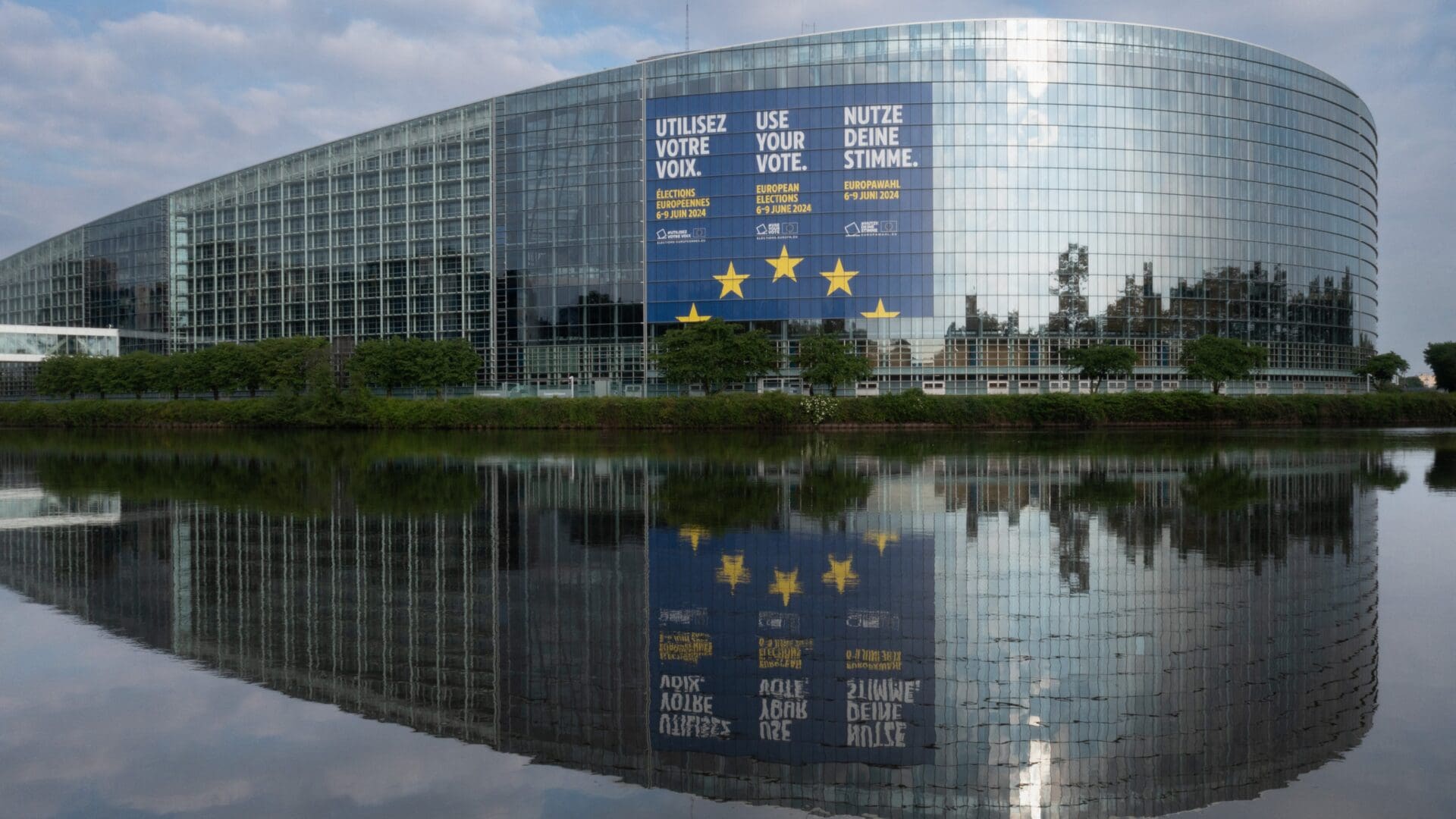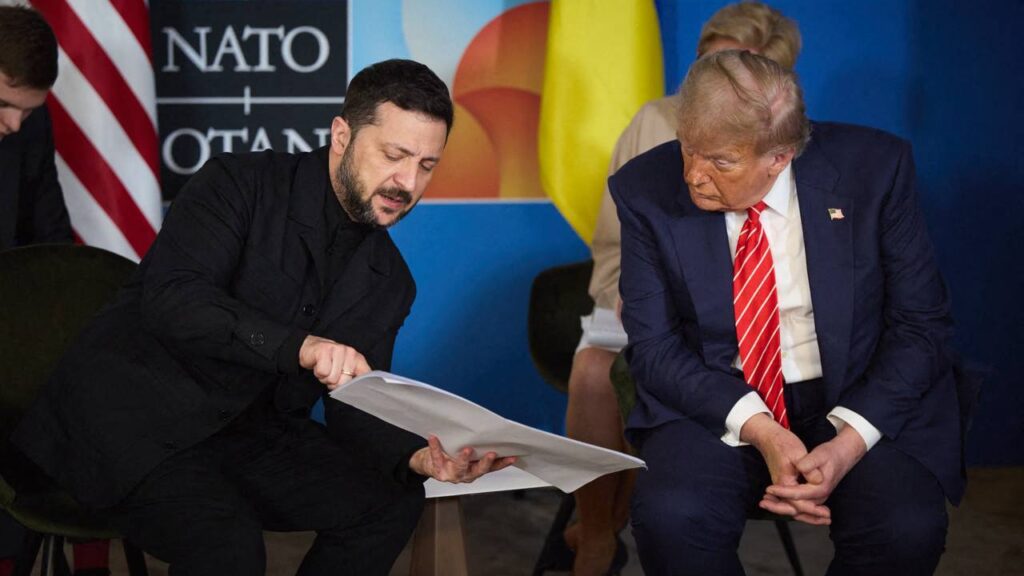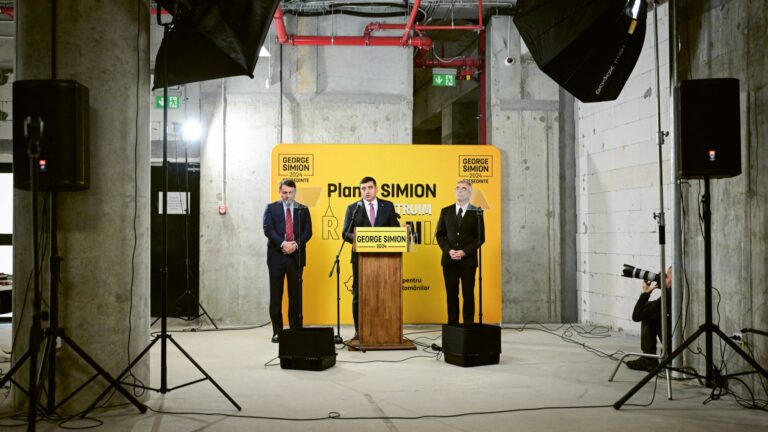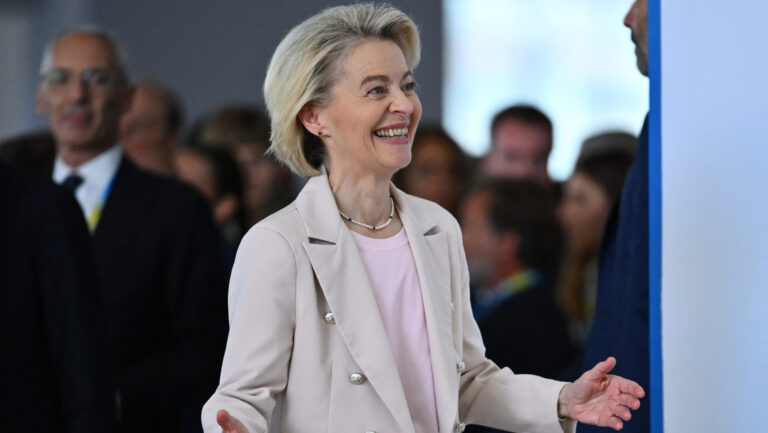The European Parliament (EP) elections held from 6 to 9 June 2024 will be the tenth opportunity in the history of the integration for EU citizens to come to the polls. The first European elections were held in 1979 across the nine European Community member states. The Treaty of Rome of 1957, establishing the European Communities, specifies that the European Parliament must be elected by universal suffrage using a typical voting system.
The EP elections—and power relations resulting from them—have practical and symbolic significance. One of the most essential and first ‘manifestation’ of this is the election of the president of the European Commission (EC). Pursuant to Article 17 (7) of the Treaty on European Union, the European Council, by a qualified majority, proposes a candidate for president of the Commission to the European Parliament. Then, the candidate is elected by the EP by most of its component members.[1] Following the upcoming election, this will require the support of 361 representatives in the 720-member panel. In practice, the selection of the EC president is essentially based on the interests of Member States. However, the nomination does not require a full consensus; leaders of EU member states usually continue consultations until everyone approves the given candidate.
In general, there is still a tacit agreement between the EC and the EP that the Council nominates the next president of the Commission and he/she is the leader of the party alliance winning the majority of seats at the EP elections. According to the end of April forecasts, the EPP would win the majority with 183 seats. The Group of the Progressive Alliance of Socialists and Democrats in the European Parliament (S&D) is forecasted to be second with 140 seats; the Renew Europe Group and the European Conservatives and Reformists Group (ECR) would win 86–86 seats. They are followed by the Identity and Democracy Group (ID) with 84 seats, the Group of the Greens/European Free Alliance (Greens/EFA) and the Non-Inscrits (NI), with 48–48 seats each and the Left group with 44 seats. Considering that Ursula von der Leyen is the top candidate of the EPP, according to the majority of predictions, she is a confident winner.
Von der Leyen announced her intention to lead the EC for five more years on 19 February, and her nomination was confirmed in early March during the annual congress of the EPP. Many politicians from other parties have already expressed their willingness to support von der Leyen during her second term. However, in recent months, she has faced much criticism from her conservative family, particularly regarding her green policies. Besides, she is under pressure to embrace the right-wing shift fully, but doing so could cost her the critical endorsement of socialists, greens and even liberals, who worry the EPP is appropriating the talking points and rallying cries of the far right. At the beginning of May, the European Socialists, Greens, and Liberals highlighted that they would disapprove her re-election if she decides to cooperate with the hard-right ECR party after June’s EU elections. The parties reacted to von der Leyen’s comments during the Maastricht Debate of lead candidates on 29 April, where she did not discard collaborating with ECR, the political family of Italian Prime Minister Giorgia Meloni and Poland’s Law and Justice party.
Therefore, as the time of elections comes closer,
there is a growing number of opinions that the current president’s position is not as certain as it seems.
There have been examples when, despite the mentioned tacit agreement, the European Council did not choose a candidate from the top persons, and the European Parliament approved this decision. Von der Leyen was also the winner of this process in 2019 when Manfred Weber was the top candidate of the EPP, and the party won the majority of seats. Still, the leaders of Member States decided to nominate a lesser-known member of the German federal government, the then Minister of Defence Ursula von der Leyen, instead of Weber. Another example is that in 2014, Jean-Claude Juncker, the leading candidate of the EPP, was nominated for the presidency, which was opposed by the Hungarian and British prime ministers. In this sense, the position of the top candidate in itself does not mean protection for von der Leyen.
In the media, several predictions have appeared about who could get the position of EC president instead of von der Leyen. The name of Mario Draghi, former Italian prime minister and European Central Bank president, has come up several times. Besides, Roberta Metsola could also be a potential choice as the other top female EPP candidate if von der Leyen doesn’t get the needed support. In addition, Christine Lagarde, as an ex-finance minister and current president of the European Central Bank, would be a proper person regarding her senior executive experience; however, it is uncertain whether she would be willing to leave the ECB before the end of her eight-year term. The names of Klaus Iohannis, Romania’s president and Andrej Plenković, Croatian Prime Minister, who are supported by a number of European leaders, have also come up. With the nomination of either of them,
an Eastern European politician could finally get the opportunity to become the president of the EC.
Certain other names could be added to the list, but several of these are only less realistic guesses for nomination.
Regarding Hungary, the late-April projections of Euractiv broken down by each Member State forecast 45 per cent of the votes for Fidesz–KDNP, 14 per cent for Tisztelet és Szabadság Party (Tisza, Respect and Freedom Party), 13 per cent for Demokratikus Koalíció (Democratic Coalition), 6 per cent for Mi Hazánk Mozgalom (Our Homeland Movement), 5 per cent for Magyar Kétfarkú Kutya Párt (Hungarian Two-Tailed Dog Party) and 4 per cent for Momentum Mozgalom (Momentum Movement).
[1] Consolidated Version of the Treaty on European Union, Official Journal of the European Union, C 326/13, 2012, Article 17 (7).
Related articles:








